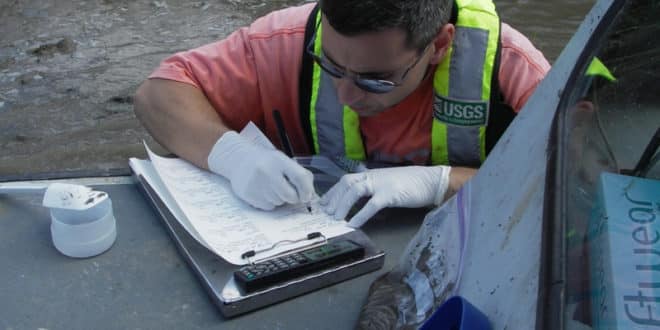International development / aid workers are often faced with a dilemma when evaluating the results of their program. They need to do a survey, or some interviews, or even a randomised trial, but they’re not sure if they need approval from an ethics committee before doing it.
I’ve encountered some very strong and differing opinions on this topic, so it’s worth investigating fully before you proceed.
Opinion 1: “Yes, everything needs an ethics committee approval”
This is the opinion most often expressed by university academics (who spend most of their time doing research rather implementing programs). I’ve also heard it from people who work at large NGOs or other organisations that often combine scientific studies with program implementation.
It’s true that when you’re doing scientific research, all studies need to go through an ethics committee approval before they can be conducted. The main reason for this is to avoid experiments such as the Tuskegee syphilis study that not only violated participants rights, but also caused long term harm.
People who hold this viewpoint argue that any survey, interview of focus group – regardless of why you are doing it – has the potential to do harm and should go through ethics committee approval. While this is easy if you have an in-house committee, most organisations don’t have one and rely on national or university committees.
Opinion 2: “Not necessarily, it depends if it’s for scientific research or improving a program”
Many studies done by practitioners are to improve or evaluate a program rather than for scientific research. So, do they all really need an ethics committee review? Some people (including some ethics committees) would argue no. If the purpose is to improve the program, and thus to help the participants, then it’s not scientific research and doesn’t need to be reviewed unless there are significant risks to participants.
So how can you tell if your study is for scientific research or program improvement? An easy way is to use the ARECCI Ethics Screening Tool. It asks a series of questions to determine which category your study falls into, and whether or not it needs ethics committee approval based on the risks involved (using Canadian standards).
Even if your study doesn’t need approval, it is still important to minimise the potential risks. This includes using procedures to maintain privacy and confidentiality of data, and getting informed consent from participants. For more information see: How to get informed consent.
It is also important to remember that if you want to publish the results of your study in a scientific journal, they often require proof of ethics committee approval regardless of the purpose of the study.
Photo by U.S. Geological Survey



